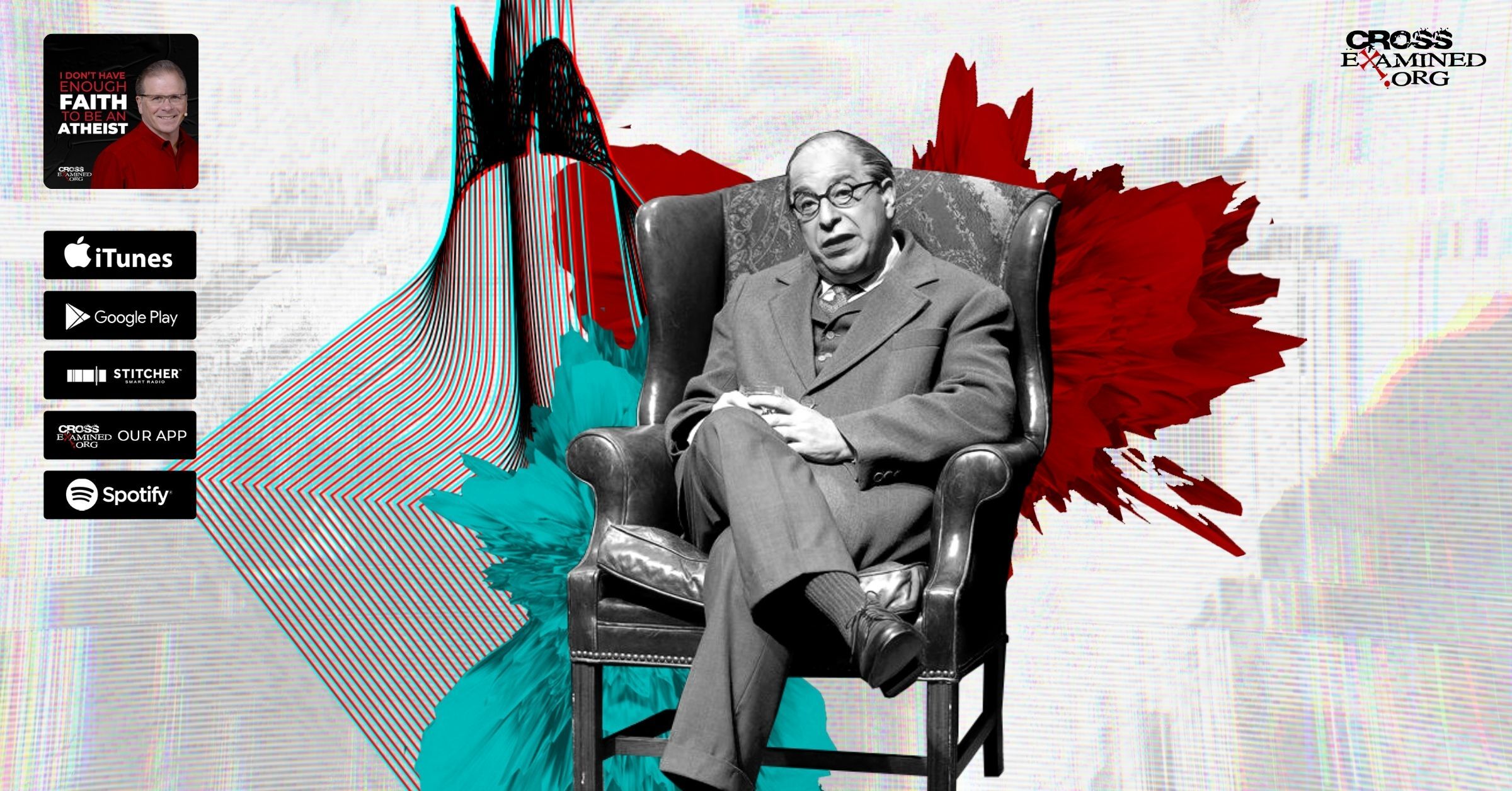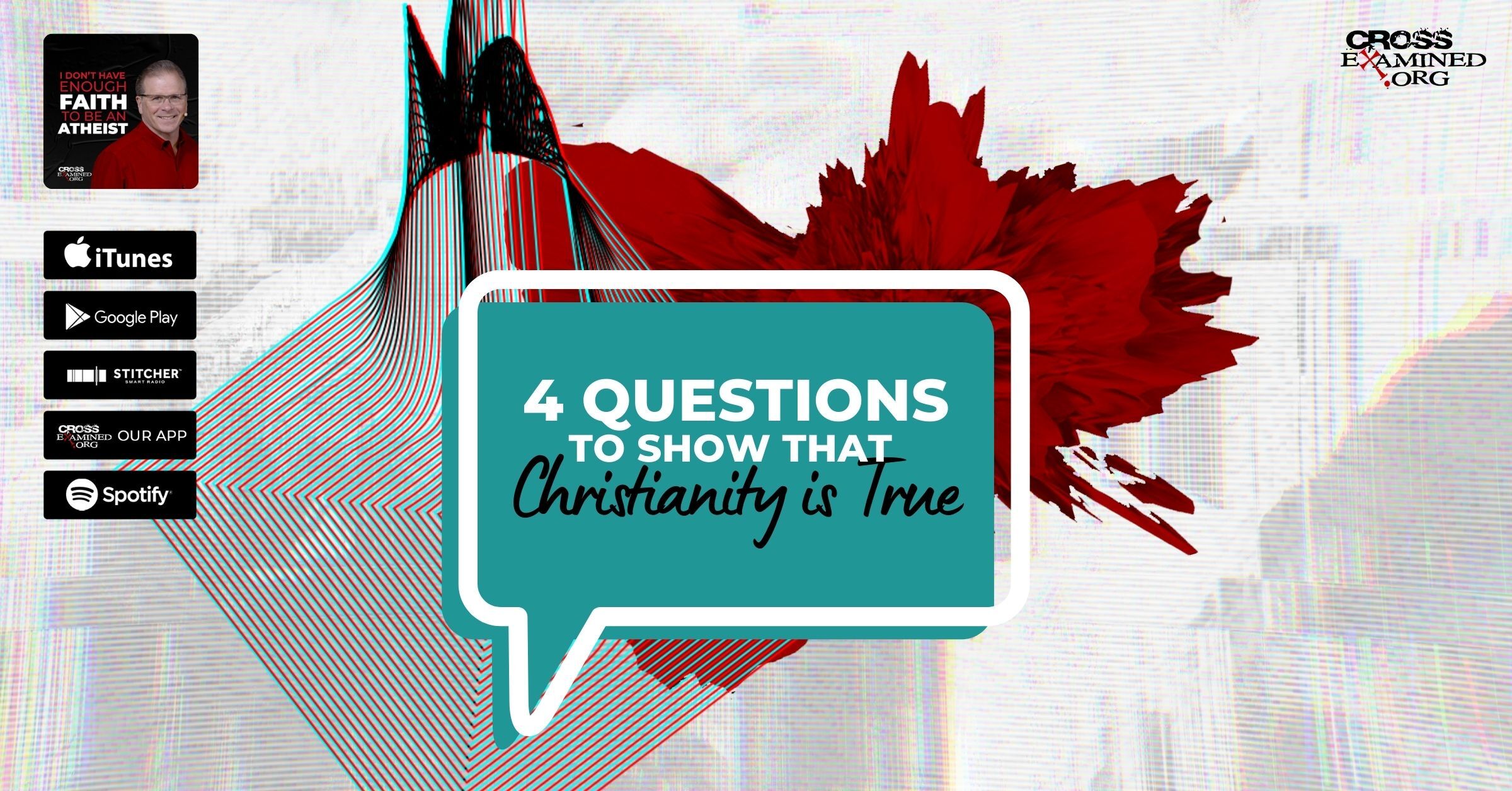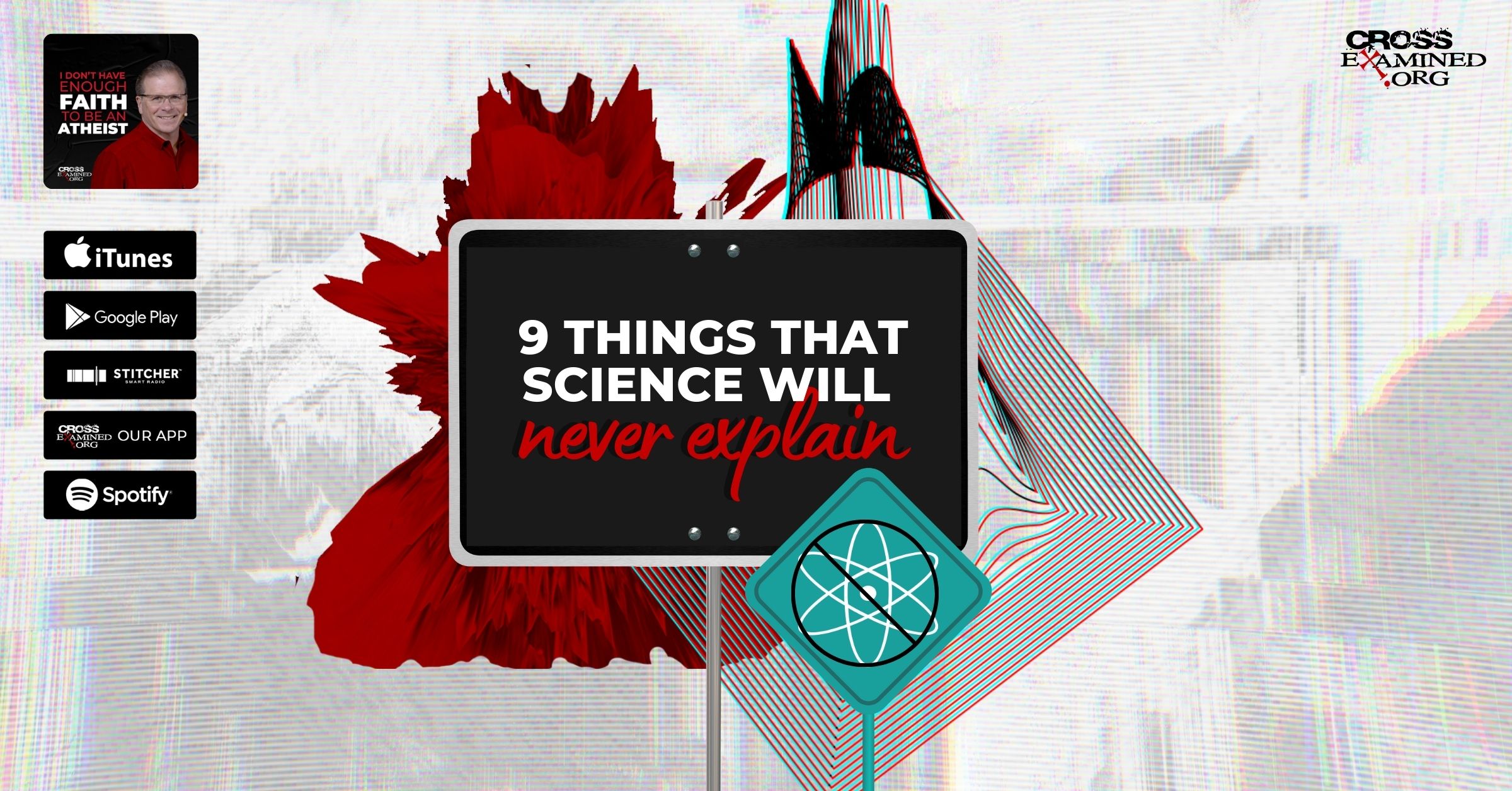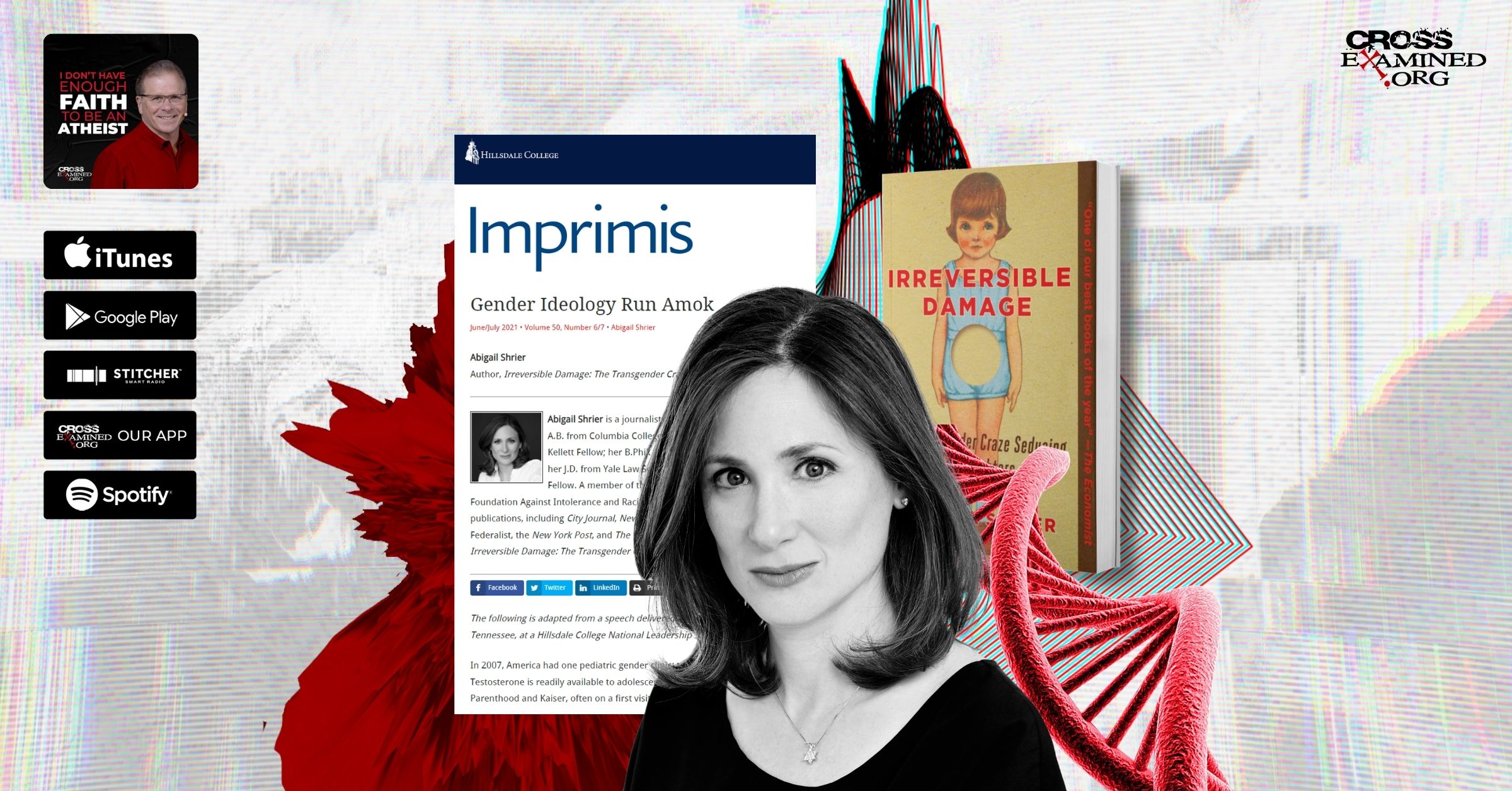By Levi Dade
A few months ago, I sat with a close friend in one of the booths of our university’s coffee shop. My friend, whom I will call Tom, is an atheist. Tom is a genuine truth-seeker, and he would be a Christian if he thought Christianity was “actually true.” During our conversation, we found ourselves discussing the topic of faith. After probing his views of the world and his justifications for them, he said something that surprised me.
“At the end of the day, I guess we all have to have faith in something.”
I wanted clarity on what he meant by that statement, so I responded, “Do you mean blind faith?”
“Yeah, I guess it is blind faith.”
The Difference Between Faith and Blind Faith
Notice something in this brief exchange: there is a distinction between faith and blind faith. To be clear, blind faith is believing something without reason to believe it. It can also be defined as an unquestioning belief in something, even when it is unreasonable or wrong.
Tom made the distinction between faith and blind faith. This distinction implies that faith is not always blind. If it were inherently blind faith, there would be no point in making the distinction. However, as you read this, even if you have not noticed, you already know faith is not inherently blind.
For example, as a seven-year-old child, did you doubt your parents or guardians would protect you? Probably not.
Why?
Not simply because they’re your parents, but because for the entirety of your childhood, your parents showed you that they would protect you. From the past experiences of them always giving you this protection, you realized you can always have faith that they would always protect you. Notice what came first: the proof (or reason) that your parents would protect you came first. After the proof came your faith in them.
Suppose you met your parents for the first time on your seventh birthday. Would you have faith that they would protect you? Probably not. They would be strangers! You wouldn’t have that faith in them because they hadn’t shown you that you can trust them to protect.
Consider it this way: A man can propose to his girlfriend only after she has shown him that she would be a good, faithful wife. In showing him this, he can have the faith necessary to ask her to be his wife.[1]
When proof (or evidence) allows someone to have faith in something or someone else, it is called evidential faith (or informed faith). Evidential faith is the opposite of blind faith.
As you can see from the examples, faith is not always blind.
This raises an interesting question: Are Christians supposed to embrace blind faith or evidential faith?
A better way to ask this question is to ask: “With what kind of faith does Scripture teach Christians to live?”
Informed Faith Leads to Life in Jesus
In John 20:30-31, John explains the purpose of his Gospel:
Now Jesus did many other signs in the presence of the disciples, which are not written in this book; but these are written so that you may believe that Jesus is the Christ, the Son of God, and that by believing you may have life in his name.
John 20:30-31 (emphasis added)
John’s eyewitness statements of Jesus’s miracles were intended to serve as proof that Jesus is “the Messiah, the Son of God.” The implication of Jesus being the Messiah is that we would put our faith in him and “have life in His name.”
If we are to have blind faith, why would Jesus give us evidence that proves He is the Messiah? After all, blind faith asserts that evidence is not necessary.
In other words, Jesus did not want people to have blind faith, so He provided proof (miracles) to show them who He is. Faith comes after Jesus shows us who He is. Romans 10:17 communicates the same idea: “So faith comes from hearing, and hearing through the word of Christ.”
Just as children can have confidence in trustworthy parents after their past experiences of protection and care, so too others can have faith in Jesus after He showed them who He is and that He is the Messiah.
Informed Faith Allows us to Share why we have Hope in Jesus
… but in your hearts honor Christ the Lord as holy, always being prepared to make a defense to anyone who asks you for a reason for the hope that is in you; yet do it with gentleness and respect…
1 Peter 3:15-16 (emphasis added)
While faith is not explicitly mentioned in this passage, it is clear that Peter is talking about our faith when he refers to the “hope that is in you.” The content gives us an idea of what kind of faith we should have. It is not only a suggestion to have an informed faith; this verse commands it!
We are to know why we have faith in Jesus so that we can share not only our faith but the reason for our faith as well.
It is as if Peter knew someone being told to “just have faith” was not going to magically answer their questions or doubts, so under the inspiration of the Holy Spirit, he wrote the command to share the reason behind our faith. This assumes we have a reason. So, not only is it a “good thing” to know why we have faith in Jesus, it is a command to do so (even for practical, evangelistic purposes!).
Informed Faith Allows us to Love God Deeply
And you shall love the Lord your God with all your heart and with all your soul and with all your mind and with all your strength.
Mark 12:30 (emphasis added)
Again, we are commanded to use our minds as a form of loving God. Loving God doesn’t only come from our heart; it comes from every facet of our lives, including how we think and reason. Knowing God intellectually allows you to know about Him on a deeper level. When you know about someone on a deeper level, you can love them on a deeper level as well.
When we do not know much about God, how can we expect to love God much?
In a past article called “Loving God with Your Mind: How God Wants Your Brain Too,” I explain it this way:
In short, loving God with the mind is to allow the mind and heart to work together in a way that produces a deeper knowledge of God. This knowledge in turn leads to a more intimate relationship with God where God is loved both intellectually and emotionally.[2]
Using Our Brains for God’s Glory
Based on these passages alone, we clearly see that an informed faith is biblical. Simply put, biblical faith is believing in something with good reason to believe it’s true.
We serve a logical God (Isaiah 1:18), and He wants us to use our brains as well as our hearts. After all, He created us and our brains, so why not use them for His glory? An evidential (biblical) faith allows you to know why Christianity is true. Knowing the truth of our beliefs is important in a world where so many things try to get you to put your identity in them rather than in Christ.
In his book, Love Your God with all Your Mind, J. P. Moreland articulates the essence of faith’s relationship to reason: “By contrast with the modern misunderstanding, biblically, faith is a power or skill to act in accordance with the nature of the kingdom of God, a trust in what we have reason to believe is true. Understood in this way, we see that faith is built on reason.”[3]
May we all embrace this biblical, informed faith, which will help us stay grounded intellectually and spiritually, keeping our identity in Christ, and our eyes fixed on Him forever.
Amen.
Notes
[1] Adapted from Frank Turek, “belief that” versus “belief in” illustration.
[2] Levi Dade, “Loving God With Your Mind: How God Wants Your Brain Too,” The Rebelution, https://www.therebelution.com/blog/2021/06/loving-god-with-your-mind-how-god-wants-your-brain-too/
[3] J. P. Moreland, Love Your God With all Your Mind (NavPress: Colorado Springs) 2012, 19.
Recommended resources related to the topic:
I Don’t Have Enough Faith to Be an Atheist (Paperback), and (Sermon) by Norman Geisler and Frank Turek
Stealing From God by Dr. Frank Turek (Book, 10-Part DVD Set, STUDENT Study Guide, TEACHER Study Guide)
Tactics: A Game Plan for Discussing Your Christian Convictions by Greg Koukl (Book)
_____________________________________________________________________________________________________________________________________________________
Levi Dade is from North Mississippi and is a junior Biblical Studies & Theology major here at Ouachita Baptist University. Levi writes apologetics material for The Rebelution blog and for CORE Leadership, an online ministry that provides free online courses to young adults and youth for the purpose of having a deeper knowledge and love for God. Levi is also a photographer for his university, and he started his photography business, Dade Photography when he was in high school in 2017. You can typically find Levi reading a book, kayak fishing, hiking, writing, taking photos for his school’s yearbook, or struggling to decide which one of these activities he should do!
Original Blog Source: https://cutt.ly/kO3nIY2










